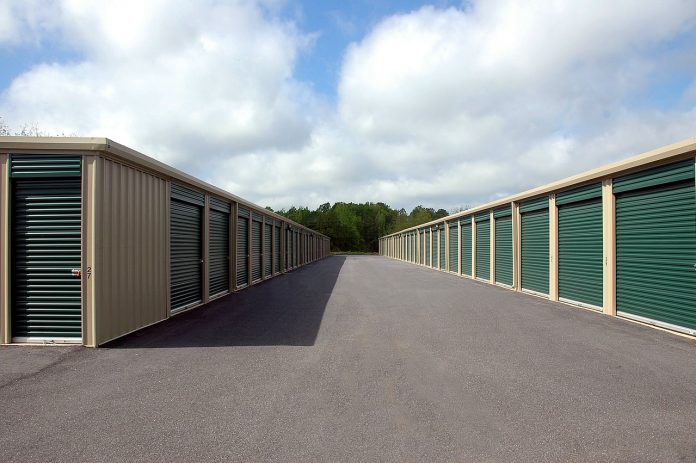No matter how you slice it, businesses use space. This is true whether they are expanding their existing premises, opening new locations or just carrying on their regular operations. As such, using self-storage comes in handy — business owners can focus on the success of their ventures, all the while having convenient extra space supporting their projects. While specific needs can vary from business to business, self-storage options can help reduce clutter and keep costs down, plus they are flexible to use.
Here are a few businesses that can benefit from using self-storage services:
1. Self-Employed Business Owners
With the rise of the gig economy, it’s hardly surprising that many Americans choose a self-employment career path. Apart from the great perk of independently managing their workflows, many choose working from home, drawn in by the convenience of eliminating their commute time. But what to do with the growing piles of invoices and other types of paperwork? Rather than cluttering their homes with business-specific supplies and equipment, those choosing the path of self-employment resort to renting a self-storage unit to house paperwork or inventory, depending on the type of work they do.
2. Retailers
While brick-and-mortar retail spaces do not come cheap, many businesses soon find it difficult to fit their growing inventory into the existing premises. Additionally, these businesses need to periodically renew storefront displays in order to showcase new products, something which can challenge the capacity of the current space. Instead of changing location, many retailers such as boutique stores or wedding dressmakers can relocate older designs into storage in order to make room for the new stock in their store. Depending on the region where the business is located, looking into climate-controlled units might also be a very good idea. For instance, a Florida bookstore owner could look into climate-controlled units in Miami in order to keep their stock in a low-humidity space. On the other hand, a retailer living in the colder climate of Minnesota could also rent a climate-controlled unit in the Twin Cities that includes heat during wintertime, in order to protect the merchandise from the dangers of frost.
3. Restaurant Owners
Prioritizing space for the dining lobby is essential in the restaurant industry in order to help make the business profitable. Chairs for event use, special occasion décor, large appliances, and tables are all part of the trade, but it’s challenging to effectively store them all on site at the same time.
In order to provide adequate space for the customers and the staff, restaurant owners can find it useful to store items that are not in use such as dishware, non-perishable food, kitchen supplies and janitorial supplies. Additionally, a storage unit is a great way to keep a restaurant’s wine supply, especially since some climate-controlled units can provide optimal temperature and humidity levels to help preserve the wine’s qualities.
4. Sales Representatives
Sales representatives are always on-the-go carrying samples and promotional materials that can easily take over their garages or their cars. They can stay on top of their business paraphernalia by using storage to temporarily house sales items in between transactions. Some sales representative use large displays for events, such as tents and tables that also need to live somewhere other than their garages. While some chose to keep some of these items in their homes, having a designated storage spot for business purposes is much more practical.
5. Creative Businesses
Crafters, artisans and other creative people who make an income selling their unique products usually need space. Regardless of whether they mold clay, chisel statues or paint canvas, it is obvious that all these supplies can take up a lot of space at home. They might have started small but, in time, successful businesses typically grow. With increased orders comes a higher requirement for raw materials. This is where storing both finished products and the supplies needed to make them comes in handy. Besides all the items belonging to their craft, artists are also business owners and thus could use a self-storage unit to keep their business-related paperwork in.
How else do you use self-storage to enhance your business? Let us know in the comments section below.
Find a Home-Based Business to Start-Up >>> Hundreds of Business Listings.

















































